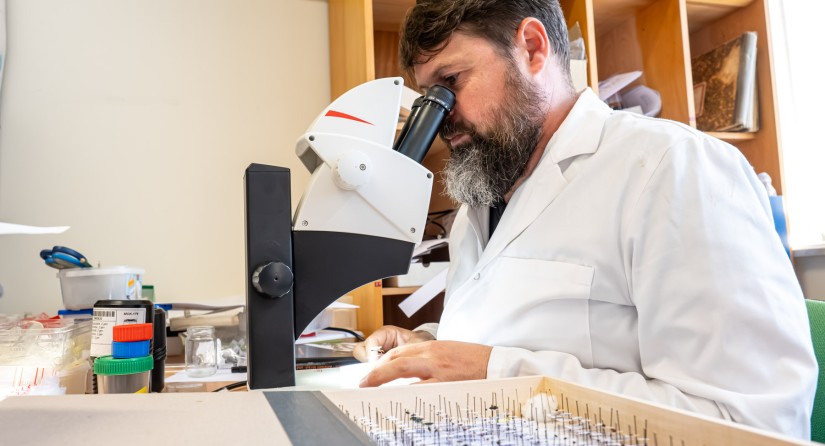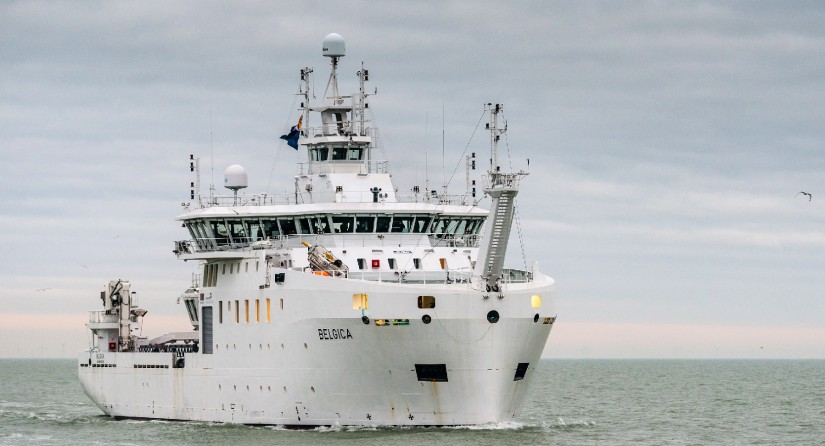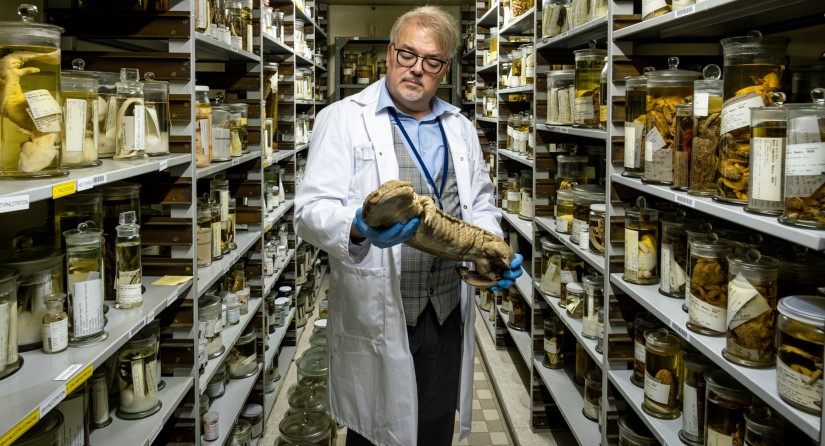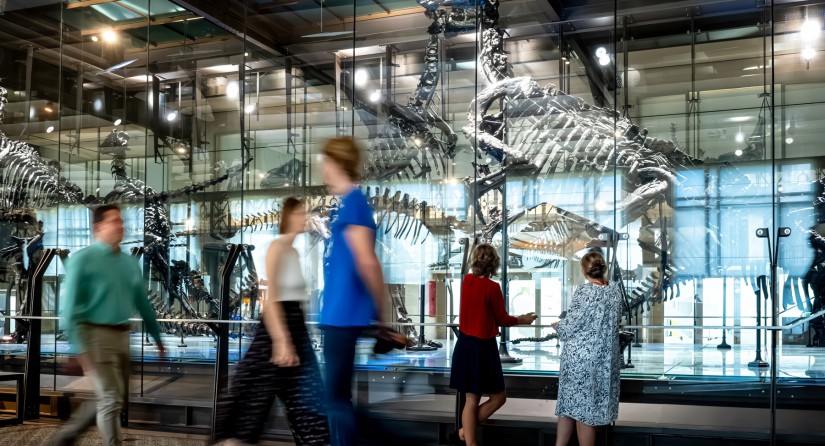Mission & Vision
Our missions
The Royal Belgian Institute of Natural Sciences is one of the ten federal scientific establishments that are governed by the Belgian Science Policy Office (Belspo). It is involved in important scientific research activities and carries out public service missions. It is open to everyone through its museum.
"To provide the scientific community, public authorities and civil society with relevant, high-quality science, useful advice and an attractive discovery of nature, its long history and its sustainable management".
This commits us to:
- producing high-quality, relevant science: complex issues require well-founded, up-to-date knowledge;
- maintaining, enriching and making accessible our research infrastructures, such as collections, databases and models: reliable forecasts require certified long-term data;
- Linking research to action and governance as much as possible: increasing the impact of scientific results requires relevant and targeted communication, capable of providing independent advice at the appropriate level;
- to increase the knowledge and understanding of citizens, particularly through its museum, so that they can make informed choices about their lives and their future.

Scientific Research into Natural Sciences
One in three people at the RBINS is a scientist. The scientific personnel includes mainly biologists, palaeontologists and geologists, but also oceanographers, anthropologists and archaeologists, as well as geographers, physicists, bioengineers and mathematicians, which enables us to conduct multidisciplinary research. The research is focussed on the following areas:
- Biodiversity and mechanisms involved in the evolution of life
- Land, freshwater and marine ecosystems
- History of life, the climate and human settlements
- Geology of Belgium and modelling the North Sea
Dig into our scientific research

Scientific Expertise Aiding Public Authorities
The RBINS provides scientific expertise under Belgium’s international commitments in relation to environmental protection. It develops tools and methods for monitoring natural land or marine environments. It also offers useful advice for the development of national and European policies for the protection and conservation of biotopes and biodiversity.
Learn more about our service provision

Conservation and Management of Scientific and Heritage Collections
With 37 million specimens conserved as Belgian heritage of universal significance, the RBINS’s collections serve above all as reference and research tools. Just behind London and Paris in European classification, the collections in Brussels have been awarded the European label of ‘major research infrastructure’ and in this respect are constantly being visited and studied by researchers from around the world.
For several years now, the RBINS has been committed to an ambitious programme to digitise its collections and to do so has developed an open-source software, DaRWIN, which has made it possible to encode all the data on any collection of specimens, whatever their taxonomical group.

Dissemination of Scientific Knowledge in Society
For the general public, the museum is the visible part of the RBINS. It has 16,000m² of permanent galleries, temporary exhibition rooms and educational workshops, enabling us to welcome roughly 300,000 visitors each year, approximately 30% of whom are school groups.
The Dinosaur Gallery is world famous and the largest in Europe. The museum plays a leading role in the promotion and dissemination of scientific culture, both within and beyond its walls, notably through travelling exhibitions and events. We are pursuing our ambitious efforts to gradually renovate the premises, making the museum more welcoming and meeting and exceeding our visitors expectations. We also seek to promote a more respectful approach to nature.
Our vision
All our teams share a common vision of bringing nature into everyone's lives.
Our aim is to provide information through our research, our collections and our museum, and to encourage everyone to act as an informed and committed protector of our planet.